Citrix trials 'bring your own computer' scheme
Citrix says its year-long BYOC to work scheme has so far been a success - even if most people want a MacBook.


For the past year, Citrix has run a little experiment that it calls Bring Your Own Computer (BYOC).
Rather than have the IT department dictate who gets which type of PC, Citrix is letting execs and knowledge workers buy their own. By the end of the year, 20 per cent its global work force will be given a $2,100 stipend by the company and allowed to buy any machine of their choosing, which is then set up with a virtual machine containing work-related operating system and apps.
However, part of the stipend must include maintenance, warranty and anti-virus, as part of the deal is that IT no longer fixes hardware problems.
It still manages other faults, and deploys applications and operating systems. For apps and operating systems, Citrix and its customers use virtualisation. Users are given a business desktop package in virtual machine form, so they have the same apps as they would if their machine had come directly from the IT department.
While Citrix does hand down a list of recommended manufacturers, employees can really buy any computer they choose and "more people are buying MacBooks," noted desktop vice president Raj Dhingra.
If the $2,100 allowance isn't enough to buy the desired machine, employees can top up the amount if they want something many choose to do. While at first glance that may seem strange who wants to pay out for work equipment? the computer is actually owned by the employee, not Citrix.
In a way, it's part of the benefits package and recruitment strategy, Dhingra said. "We're trying to recruit the right knowledge workers," he said, explaining that Citrix hopes it will help draw a younger generation of workers to the company.
Get the ITPro daily newsletter
Sign up today and you will receive a free copy of our Future Focus 2025 report - the leading guidance on AI, cybersecurity and other IT challenges as per 700+ senior executives
Drivers
Dharinga said Citrix initially started trialling the system at the end of last year so it could offer a could test case to customers, who were increasingly asking if such a thing would be possible.
The idea is partially driven by the consumerisation of IT, he said. "One of the biggest changes in the industry that's going to be seen in IT over the next 10 years is consumerisation of IT," he said. "The way we do desktop computing is going to change."
"What used to be the corporate device, given to you by your employer... is going to evolve," he claimed. "No longer will your company give you a PC to get your job done."
On top of that, more and more people are using personal computers when working from home or on the road, he said. "That desktop used to working with at office might not be what they're working with at home," he said, arguing that if workers can choose which PC to use from home, why can't the same be true for the office - a view echoed by rival VMware, which talked up a similar programme earlier this year.
Still, such a system is far from common, he noted. "There's an increasing level of interest to do that," he said, "but I wouldn't go around saying it's being adopted it's in early stages."
He added that BYOC might not appeal to every user or every firm. "We're not sure it's going to be good for every user, every company," he admitted.
Freelance journalist Nicole Kobie first started writing for ITPro in 2007, with bylines in New Scientist, Wired, PC Pro and many more.
Nicole the author of a book about the history of technology, The Long History of the Future.
-
 Bigger salaries, more burnout: Is the CISO role in crisis?
Bigger salaries, more burnout: Is the CISO role in crisis?In-depth CISOs are more stressed than ever before – but why is this and what can be done?
By Kate O'Flaherty Published
-
 Cheap cyber crime kits can be bought on the dark web for less than $25
Cheap cyber crime kits can be bought on the dark web for less than $25News Research from NordVPN shows phishing kits are now widely available on the dark web and via messaging apps like Telegram, and are often selling for less than $25.
By Emma Woollacott Published
-
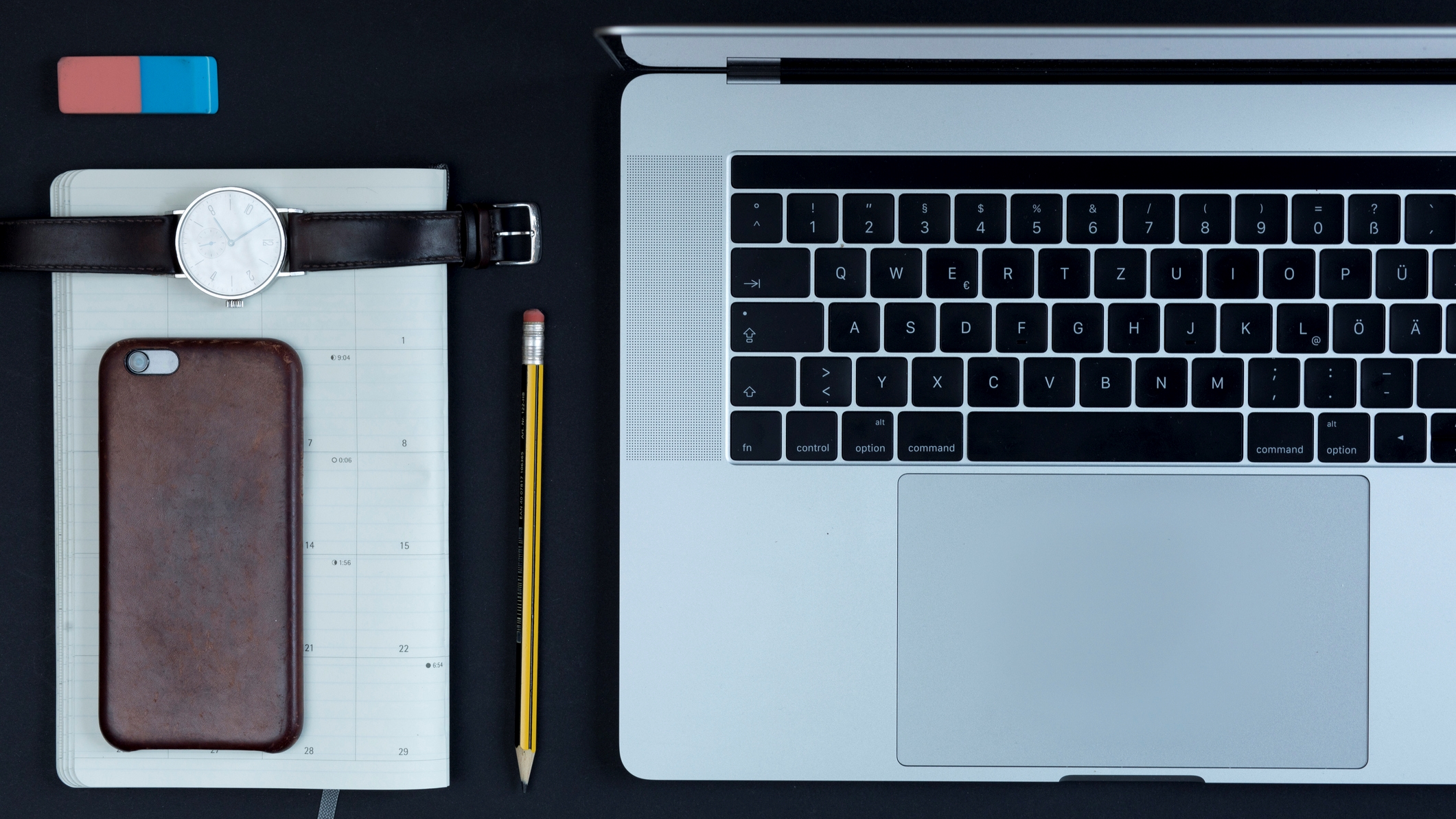 Rebooting your BYOD strategy
Rebooting your BYOD strategyIn-depth With hybrid working becoming the norm, there's a need for a device management overhaul. What does BYOD 2.0 look like?
By Kate O'Flaherty Published
-
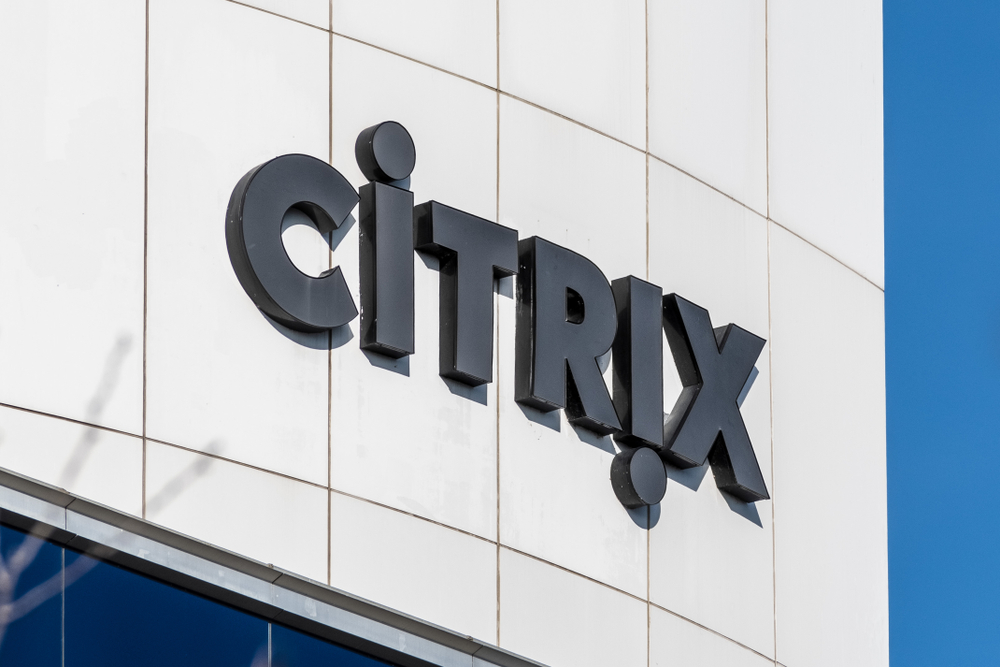 Citrix appoints 30-year tech vet Bob Calderoni as interim CEO
Citrix appoints 30-year tech vet Bob Calderoni as interim CEONews Move takes immediate effect following the departure of David Henshall
By Bobby Hellard Published
-
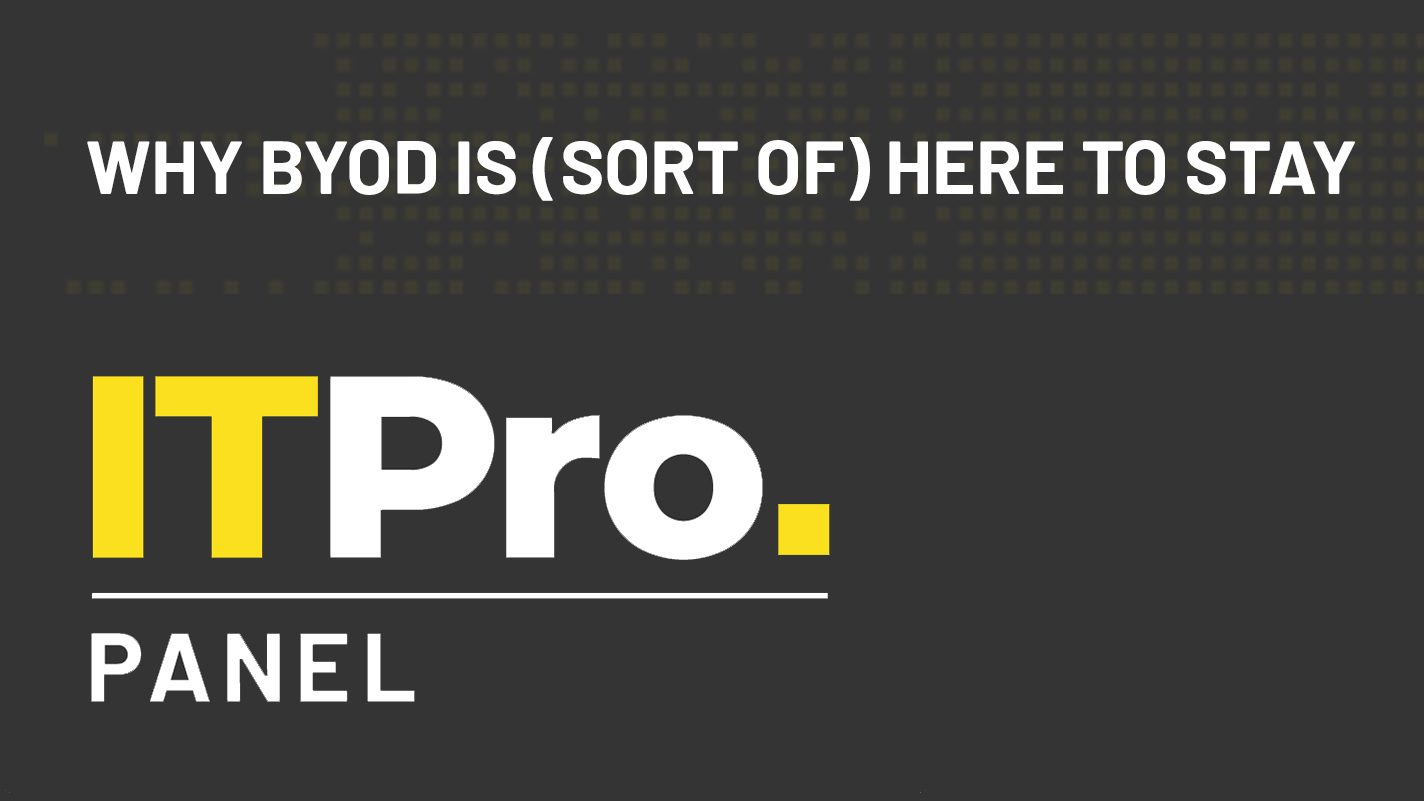 IT Pro Panel: Why BYOD is (sort of) here to stay
IT Pro Panel: Why BYOD is (sort of) here to stayIT Pro Panel CIOs explain why they aren’t going all-in on personal devices
By Adam Shepherd Published
-
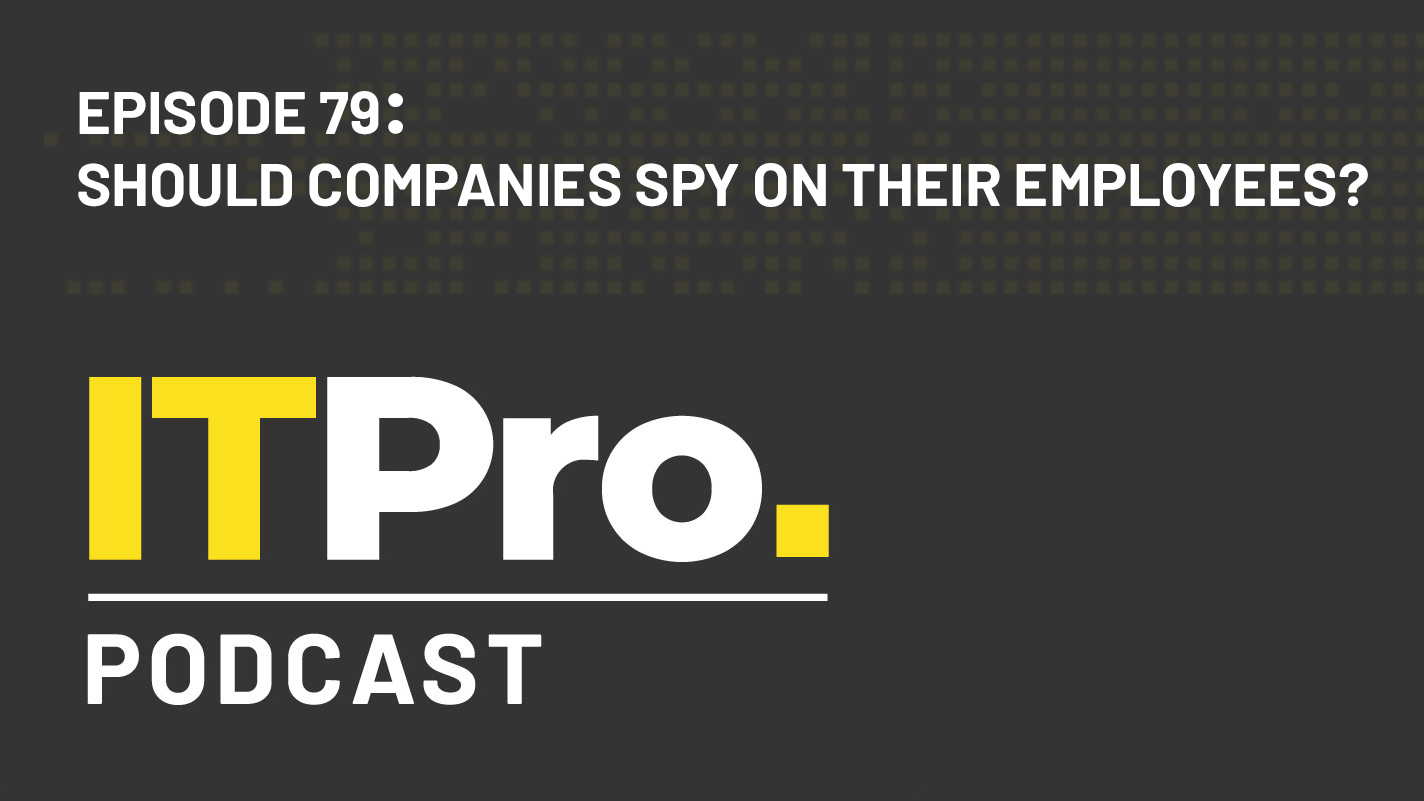 The IT Pro Podcast: Should companies spy on their employees?
The IT Pro Podcast: Should companies spy on their employees?IT Pro Podcast Where’s the line between security and surveillance?
By IT Pro Published
-
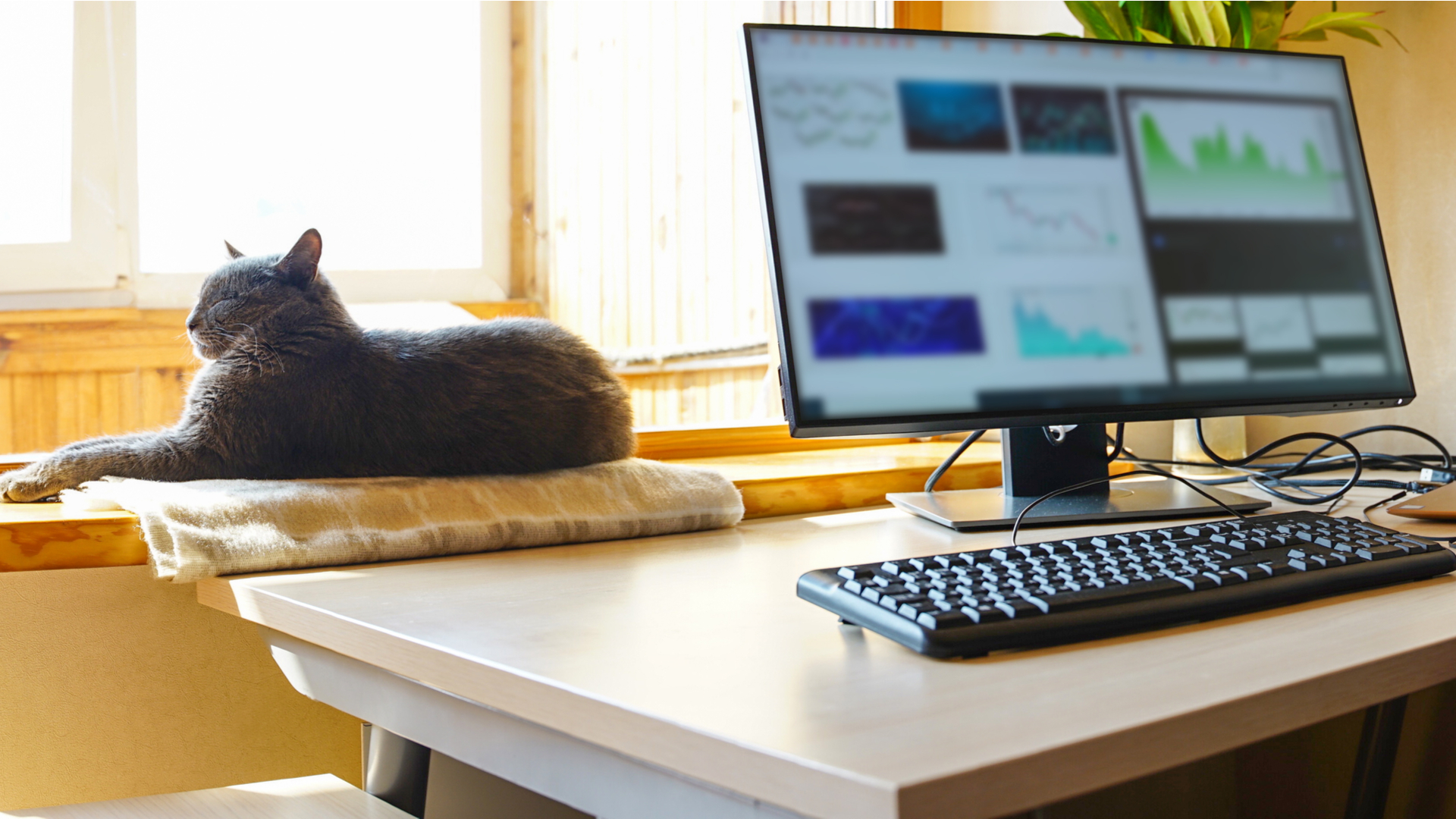 What are employers' responsibilities when we use personal tech to work from home?
What are employers' responsibilities when we use personal tech to work from home?In-depth With many more months of lockdown ahead of us, and workers reluctant to return to the office full time, it's time to think about roles and responsibilities
By Sandra Vogel Published
-
 What is the 'personalisation of IT'?
What is the 'personalisation of IT'?In-depth With millions of people using personal devices for professional purposes while working from home, consumerisation has entered a new phase
By David Howell Published
-
 WhatsApp delays controversial privacy update for businesses
WhatsApp delays controversial privacy update for businessesNews Users were asked to share data with WhatsApp’s parent company Facebook in order to continue using the service
By Sabina Weston Published
-
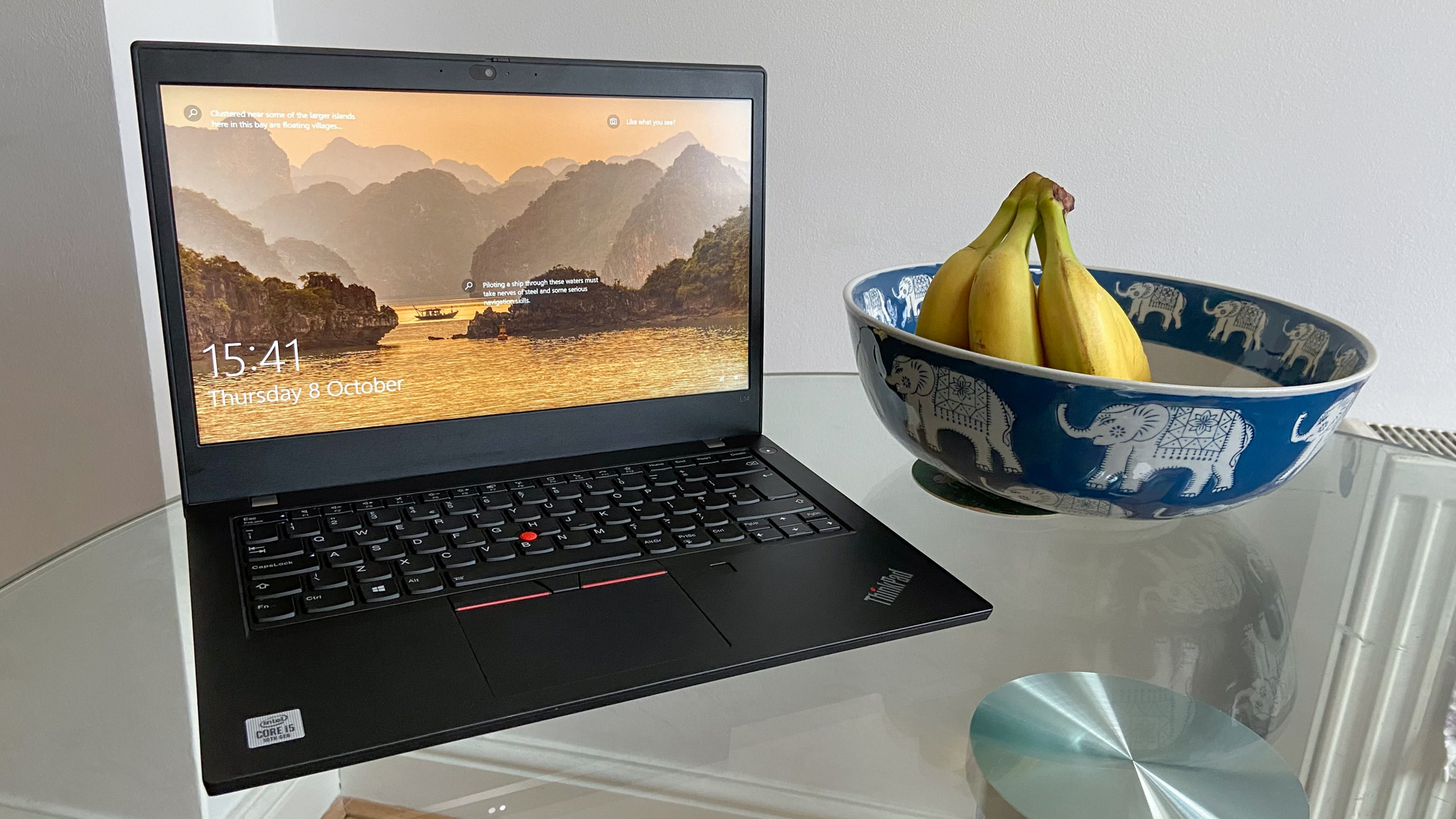 Lenovo ThinkPad L14 review: It’s not right but it’s okay
Lenovo ThinkPad L14 review: It’s not right but it’s okayReviews Pleasant enough for simple office tasks
By Sabina Weston Published